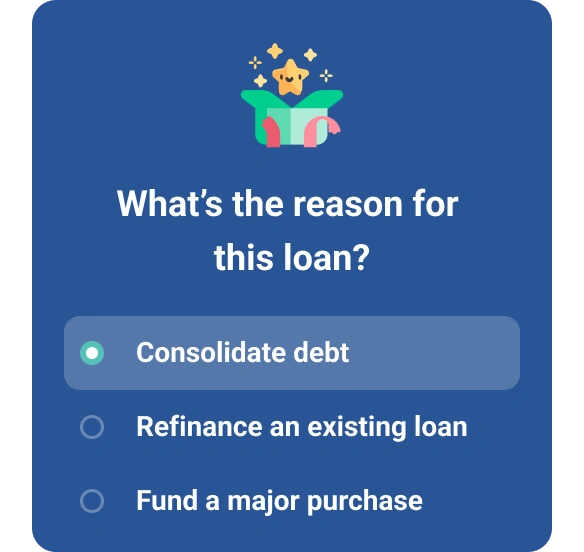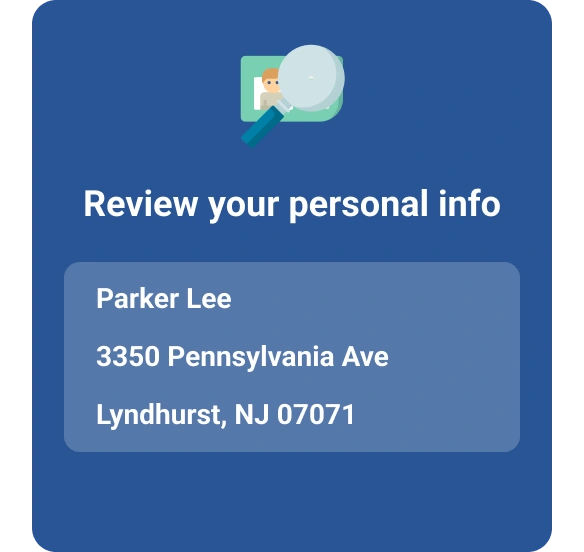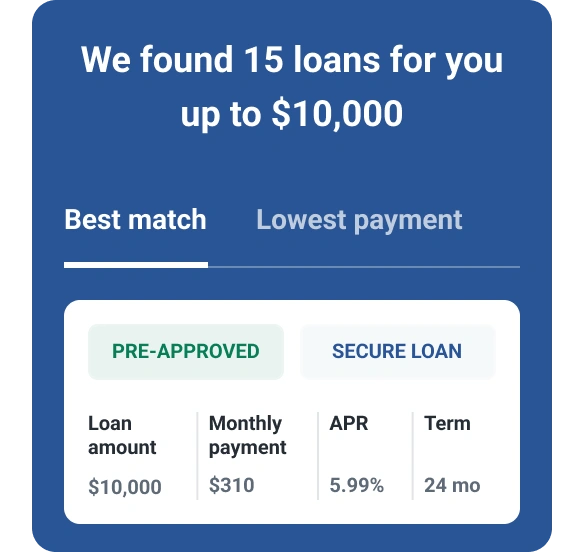What Is a Courtesy Loan?

Many of us get into financial jams and need fast access to cash. One option available to borrowers is the courtesy loan, which is a type of short-term loan that includes payday loans and title loans. These loans can be obtained quickly—even by borrowers with no credit or bad credit—but their speed and availability often comes at a high price.
For instance, a typical $300, 14-day payday loan in 2020 carried an annual percentage rate (APR) ranging from 138% in some states to as high as 664% elsewhere, according to the Center for Responsible Lending. By contrast, the Federal Reserve put the typical APR for an interest-charging credit card at 15.91% in February 2021, while the typical APR for a 24-month personal loan was 9.46%.
These sky-high rates and accusations of predatory lending have led somes states to ban payday loans and others to place restrictions on them. Still, they are perfectly legal in many states. Read on to learn more about courtesy loans and the risks associated with them.
Types of Courtesy Loans
The two main types of courtesy loans are:
- Payday loans: Payday loans are small-dollar, high-cost loans designed to provide financial support until your next paycheck comes. Payday lenders usually don't run credit checks. Payday loans are commonly borrowed in amounts of a few hundred dollars, but payday loans of $1,000 or more are available in some states. According to the Federal Trade Commission (FTC), payday lenders typically charge $10 to $30 for every $100 borrowed. For a two-week payday loan, a fee of $15 for every $100 works out to an APR of 391%.
- Title loans: For a title loan, also known as a car title loan, you use your car, truck, motorcycle or other vehicle as collateral. Many title loan companies don't check your credit. You won't get your vehicle title back until you've paid off the loan, along with any finance charges and fees. The FTC says the average monthly fee for a title loan (25%) is equivalent to an APR of about 300%.
Should I Get a Courtesy Loan?
Before you even think about signing on the dotted line for a courtesy loan, be sure you understand how quickly you'll be expected to repay the loan and how much it'll ultimately cost to borrow the cash. Both payday loans and title loans generally charge much higher APRs than other borrowing methods, such as credit cards and personal loans.
Furthermore, lenders that handle courtesy loans normally don't report your payments to the credit bureaus. This means a positive payment history won't boost your credit score. However, the lender may alert credit bureaus if you've fallen behind on loan payments. Delinquent courtesy loan payments can show up on your credit reports, which will likely bring down your credit scores.
Alternatives When You Need Money Fast
To avoid a payday loan or title loan, you can explore other options if you have bad credit or no credit. Among them are:
- Unsecured personal loan: You may be able to obtain a personal loan that doesn't require collateral from a local bank, credit union or from an online lending platform. Be aware that you may need a solid credit history and a high credit score to qualify for the best terms, such as a low APR.
- Cosigned loan: A creditworthy relative or friend may be willing to cosign a loan you borrow, and perhaps give you a better shot at qualifying to borrow money than if you were to go it alone. Keep in mind that if you do recruit a cosigner, you could jeopardize their credit in addition to your own if you fall behind on payments or default on the loan altogether.
- Loan from friends or family: You may be able to approach a friend or family member about borrowing money to cope with your cash crunch. To head off future conflicts, be sure to put the lending agreement in writing and stick to your word. The agreement should spell out all the conditions of the loan, such as the amount borrowed, the interest rate and consequences for breaking the terms.
- Credit card cash advance: If you have a credit card, you may be able to borrow a certain amount of money as a credit card cash advance. When choosing among credit cards, try to pick the one with lowest APR for cash advances. Keep in mind that APRs for cash advances can exceed 25%, so this should only be considered as a last-resort option.
Bottom Line
If you decide to obtain a courtesy loan, be absolutely sure to pay off the loan as soon as possible to avoid the cycle of debt that sometimes accompanies this type of loan. And take steps to improve your credit so you can steer clear of future courtesy loans. Check where your credit stands by viewing your credit score for free through Experian.
Need a loan?
Whether you're shopping for a car or facing a last-minute expense, compare loan offers matched to your credit profile.
Start now for freeAbout the author
John Egan is a freelance writer, editor and content marketing strategist in Austin, Texas. His work has been published by outlets such as CreditCards.com, Bankrate, Credit Karma, LendingTree, PolicyGenius, HuffPost, National Real Estate Investor and Urban Land.
Read more from John

